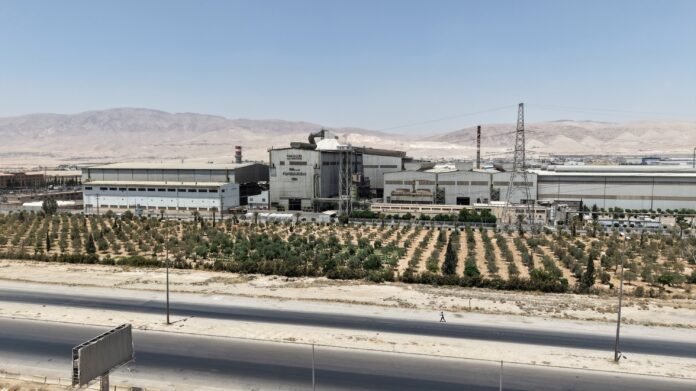Saudi investment in Syria has taken center stage as a new chapter begins in regional economic cooperation. On July 24, 2025, Saudi Arabia unveiled $6.4 billion in deals during the Syrian-Saudi Investment Forum in Damascus. This strategic move marks one of the largest foreign commitments to Syria’s post-conflict recovery.
Saudi firms and Syrian partners signed 47 investment agreements during the forum. These deals total 24 billion Saudi riyals and focus on key infrastructure, digital sectors, and employment-driven initiatives. Private companies contribute 85% of the funding, ensuring the projects follow strong governance models and performance-based timelines.
The core focus lies in rebuilding Syria’s productivity. Nearly $3 billion of the investment will be directed to cement, real estate, and infrastructure. This move addresses major urban challenges such as housing shortages and weak transport networks. Instead of relying on aid or debt, Saudi businesses are enabling Syria to restart economic functions through practical, revenue-based projects.
In addition, Saudi investment in Syria also targets digital transformation. Over $1 billion will fund telecom infrastructure, education technology, and digital logistics platforms. Saudi tech leaders such as STC, Elm, and Classera will lead the modernization of Syria’s digital economy. These projects are not only designed for profit but also aim to support long-term adaptability and innovation.
Job creation stands as a major outcome. Experts estimate 50,000 direct jobs will emerge from the first wave of investments. Moreover, up to 150,000 indirect jobs may develop in supporting sectors like logistics, subcontracting, and retail. This labor boost helps stabilize communities while preparing Syria for broader economic participation.
Looking ahead, Saudi investment in Syria is likely to trigger even larger financial waves. Forecasts suggest the next investment phase could range from $15 to $20 billion by 2030. Saudi businesses are already exploring areas like tourism, industrial zones, and agri-processing as future targets.
Finally, successful execution will depend on strong coordination. Plans include a Saudi-Syrian Business Council and a project acceleration office. These bodies will handle approvals, customs, and land access.
This forum signals a bold shift from aid to investment, with Saudi Arabia firmly leading the charge. By turning pledges into real assets, the region takes a step toward integrated economic revival.


